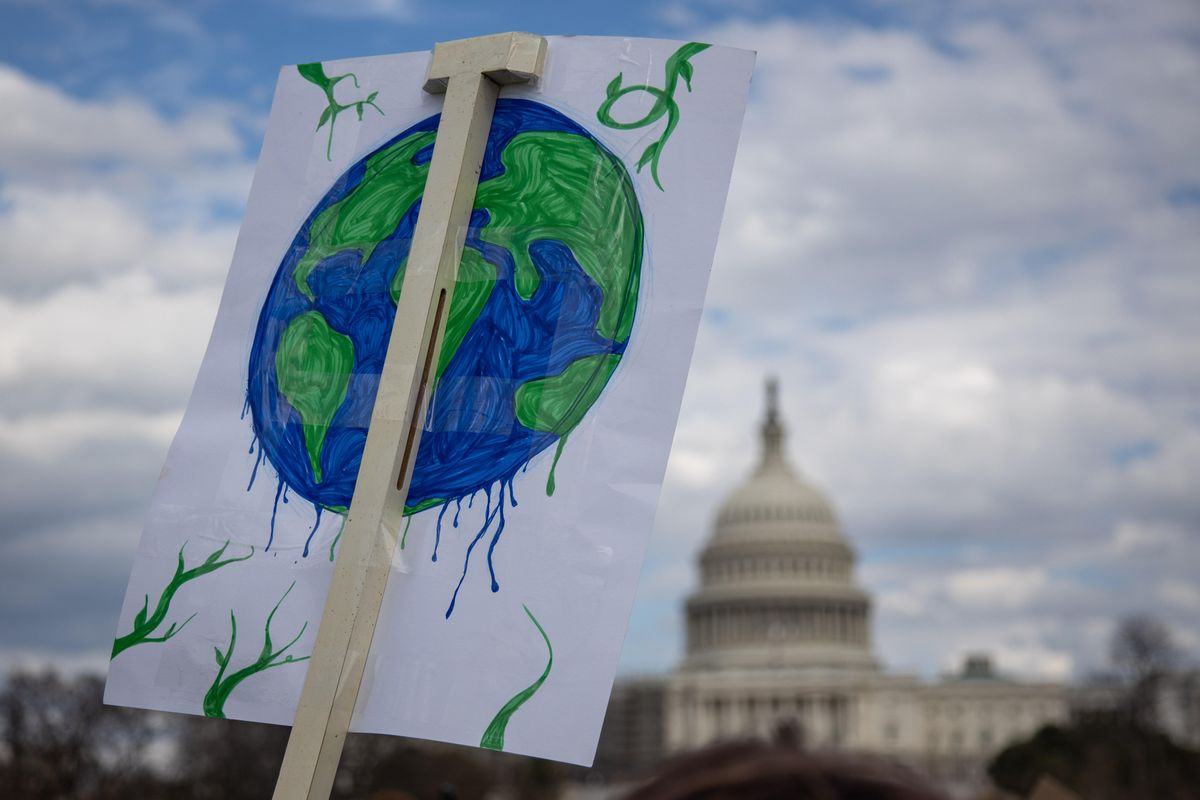Usually, the run-up to Earth Day features a steady drumbeat of governments pledging more climate action, the UN telling us it’s (almost) too late to save the planet, and developing countries bickering with wealthy ones over who's most responsible for cutting emissions. On April 23, everyone moves on, and the momentum dies until it picks up again weeks before the annual COP summit in the fall.
Not this year.
Russia's war in Ukraine has upended the global political conversation on climate. Google "how will the war affect climate" and you'll find a plethora of doomsday scenarios, depending on how long the war drags on. But since no one knows the answer to that question, let's focus on how governments have changed their tune on climate since the invasion began.
In the US, the Biden administration has done a big energy policy U-turn by resuming oil and gas leases on federal land. EU member states are scrambling to figure out how to accelerate their plans to wean themselves off Russian oil and natural gas and still meet the bloc’s 2050 deadline to achieve net zero emissions.
High energy prices might delay India's plans to ditch fossil fuels. We haven't heard much from China, but perhaps these days Xi Jinping is too preoccupied with playing whack-a-mole with COVID-19 while the economy slows down to pay much attention to climate despite being the world’s top polluter.
What does this all mean? For one thing, the world runs mainly on fossil fuels, and we are still far away from the point at which renewables might be able to replace a lot of oil and gas that’s suddenly knocked off the market. For another, high energy prices are forcing even those with ambitious climate goals to temper their expectations (like the EU is doing now with nuclear power).
But there’s also a more optimistic take.
The war has demonstrated that perhaps we depend too much on Russian oil and gas — and fossil fuels in general. Governments that are now planning ahead to use more renewables in the future will be less affected by similar energy price hikes. The more European countries that go green, the less leverage Vladimir Putin will have with them next time he stirs up trouble.
And the planet will benefit too.






